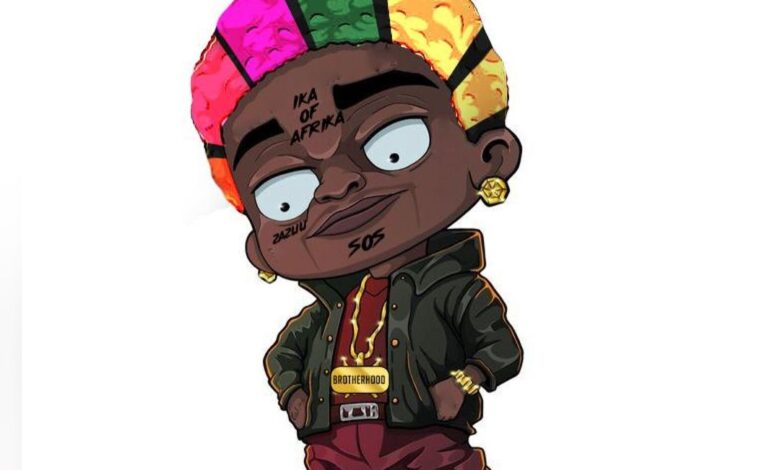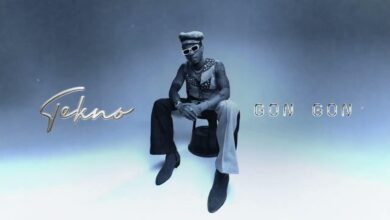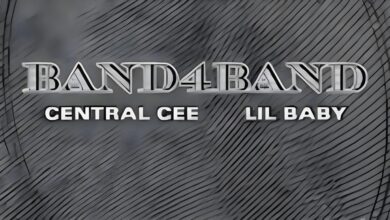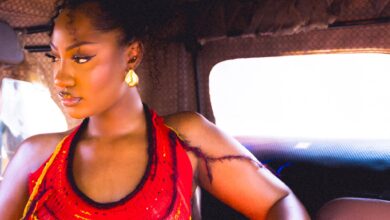Portable – Brotherhood’ Navigating the Waves of Controversy Between Bobrisky & Portable

In the glitzy world of celebrities and social media influencers, feuds can spark from the most unexpected of events, leading to waves of public discourse, viral content, and, sometimes, unforgettable art.
The recent spat between Bobrisky, Nigeria’s most famous crossdresser, and Portable, a rising music sensation known for his street-wise lyrics and energetic performances, is a tale that encapsulates all these elements.
The center of their dispute? An award for ‘Best Dressed Female’ at a high-profile movie premiere, which has since spiraled into a cultural commentary, wrapped up in a diss track that’s as controversial as it is catchy.
The Spark That Lit the Fire
It all began at the premiere of “Ajakaju,” a film by the talented Eniola Ajao, where style and cinema collided in a celebration of storytelling and fashion.
Among the glittering attendees was Bobrisky, a figure synonymous with breaking boundaries in gender expression and fashion in Nigeria.
His selection as the ‘Best Dressed Female’ of the evening sparked a conversation that transcended the event itself, thanks to the reaction of Portable, a musician known for his unfiltered opinions and raw lyrical talent.
The Controversy Unfolds
Portable took to social media to voice his disbelief and displeasure over the award decision, questioning the choice of Bobrisky over traditional female actresses and influencers.
His response was not just a tweet or a passing comment; it was a full-blown diss track aimed directly at Bobrisky.
Titled “Brotherhood,” the song is a fiery mix of pidgin English, street slang, and expletive-laden verses that call out Bobrisky’s gender identity and choices in a manner that’s as provocative as it is polarizing.
View this post on Instagram
Lyrics That Strike a Chord
The lyrics of “Brotherhood” are a testament to Portable’s street-style rap, filled with raw emotion and unapologetic expressions.
Lines like “Warn brotherhood if hin come to my hood. If hin come sisterhood. You go chop firewood,” not only showcase Portable’s lyrical prowess but also delve into the complexities of gender identity, societal norms, and the boundaries of brotherhood.
The Reaction
As expected, the song and the controversy surrounding it have ignited a firestorm of reactions from fans, critics, and observers alike.
Social media platforms are abuzz with discussions, debates, and divides that go beyond the individuals involved, touching on deeper issues of gender expression, acceptance, and the role of celebrities in shaping societal norms.
In Conclusion
The “Brotherhood” song saga between Bobrisky and Portable is more than just a celebrity feud; it’s a mirror to the societal, cultural, and personal struggles that accompany the journey of self-expression and identity in the modern world.
Also Read: Afrobeat vs Afrobeats: Everything You Need To know About Africa’s Biggest Music Export
FAQs
- What started the feud between Bobrisky and Portable?
- The feud began over an award for ‘Best Dressed Female’ at a movie premiere, which was given to Bobrisky, sparking Portable’s reaction.
- What is the “Brotherhood” song about?
- “Brotherhood” is a diss track by Portable aimed at Bobrisky, criticizing his gender identity and choices through provocative lyrics.
- Who is Bobrisky?
- Bobrisky is a Nigerian internet personality and crossdresser known for his bold gender expression and social media presence.
- What themes does the saga between Bobrisky and Portable touch upon?
- The saga touches upon themes of gender identity, societal norms, acceptance, and the impact of celebrity feuds on public discourse.
- How has the public reacted to the “Brotherhood” song?
- The public reaction has been mixed, with discussions and debates on social media about gender identity, societal acceptance, and the boundaries of artistic expression.





